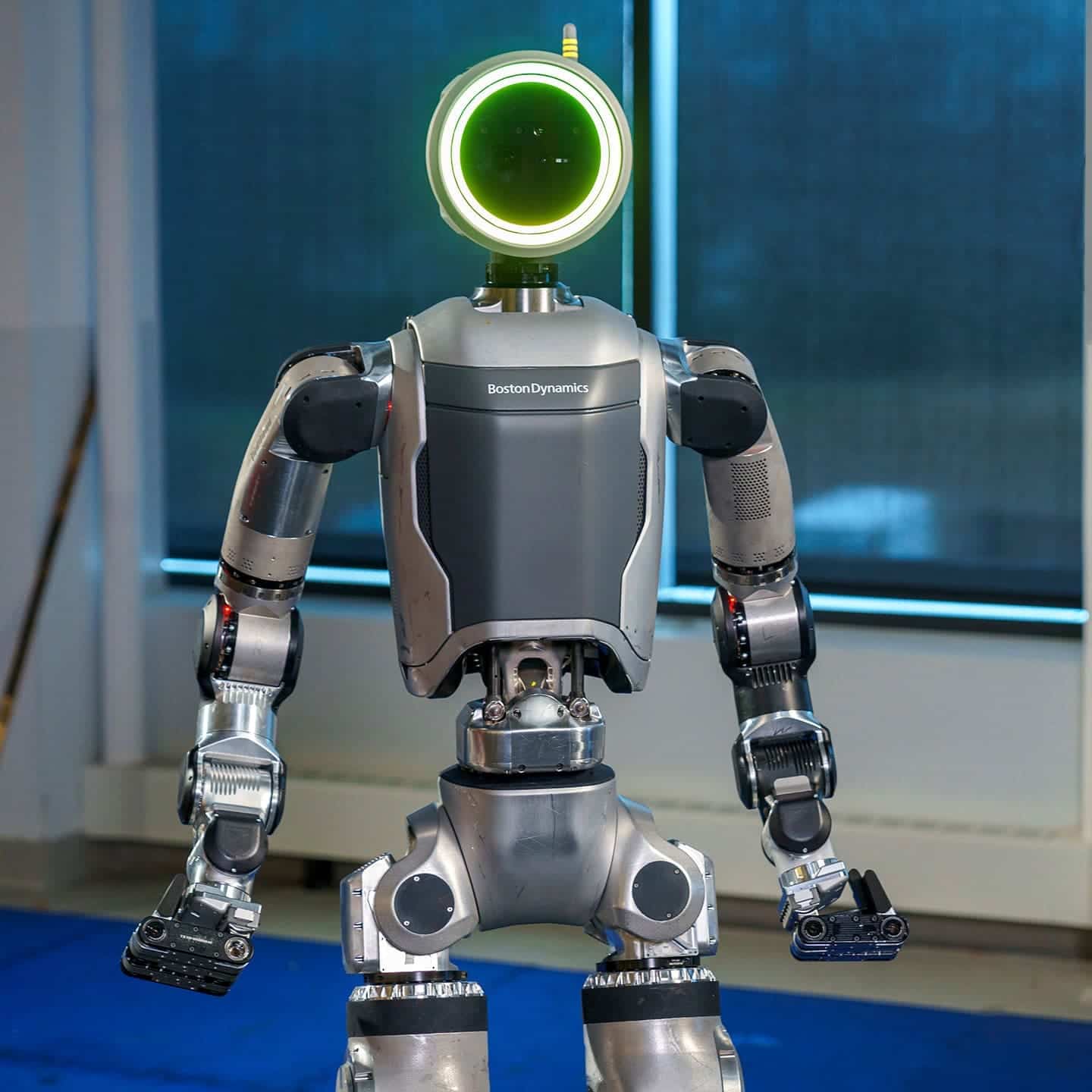In a new and promising collaboration, Boston Dynamics and the Toyota Research Institute (TRI) have announced a strategic alliance aimed at accelerating the development of general-purpose humanoid robots. This collaboration brings together two world leaders in robotics and artificial intelligence, combining TRI’s advanced behavior models with Boston Dynamics’ Atlas robot’s physical capabilities.
Robert Playter, CEO of Boston Dynamics, has expressed his excitement for this new phase in humanoid robot development: “There has never been a more exciting time for the robotics industry. We are thrilled to partner with TRI to accelerate the development of general-purpose humanoid robots. This collaboration represents an example of how two companies with a strong foundation in research and development can come together to tackle complex challenges and create useful robots that solve real problems.”
Meanwhile, Gill Pratt, Toyota’s Chief Scientist and CEO of TRI, highlighted the potential that this alliance can have for both partners: “Recent advancements in artificial intelligence and machine learning offer enormous potential to enhance physical intelligence. Implementing TRI’s cutting-edge AI technology into Boston Dynamics’ hardware is a game-changer for our organizations as we work to improve people’s quality of life.”
Boston Dynamics has solidified its reputation for impressive advancements in humanoid robotics, with its Atlas robot being an iconic example of extreme mobility and bimanual manipulation. The latest generation of Atlas is the result of years of hardware and software co-design, focused on creating a highly capable humanoid platform, both physically and in terms of software interaction.
Meanwhile, TRI is globally recognized for its Large-Scale Behavior Models (LBMs), essential for complex robotic manipulation. These models use generative artificial intelligence to advance robot dexterity, enabling them to perform multiple tasks based on vision and language models.
The project, co-led by Scott Kuindersma, Senior Director of Robotics Research at Boston Dynamics, and Russ Tedrake, Vice President of Robotics Research at TRI, aims to equitably leverage the strengths of both companies. The Atlas robot’s ability to perform complex physical tasks will be used to gather essential data, which will then be used to train advanced behavior models and demonstrate that pre-trained models can quickly acquire robust physical skills.
The goal of this partnership goes beyond simple technological improvement. The research teams will also investigate key aspects of human-robot interaction and the safety of using these new capabilities. This collaboration, according to its leaders, is designed to solve real problems and improve people’s quality of life through advanced robotics.
Boston Dynamics and TRI are positioning themselves at the forefront of global robotics research, moving towards a future where artificial intelligence and robotics will transform industries and enhance human well-being.

